
Carbonated drinks have always been the go-to quencher. It’s hot outside. You grab one. Running errands? Another bottle. But do you ever stop, turn the bottle, and actually read through the ingredient list? Some of these so-called classics come with more than just fizz. Here’s a closer look that might leave you rethinking what’s in your fridge.
Coca-Cola

Sugar hides in plain sight with just one 12-ounce can containing 39 grams. That’s nearly double what the American Heart Association recommends per day for women. Over time, this steady intake may push your blood sugar into dangerous territory and put your weight on a steady, yet potentially hazardous, rise.
Mountain Dew
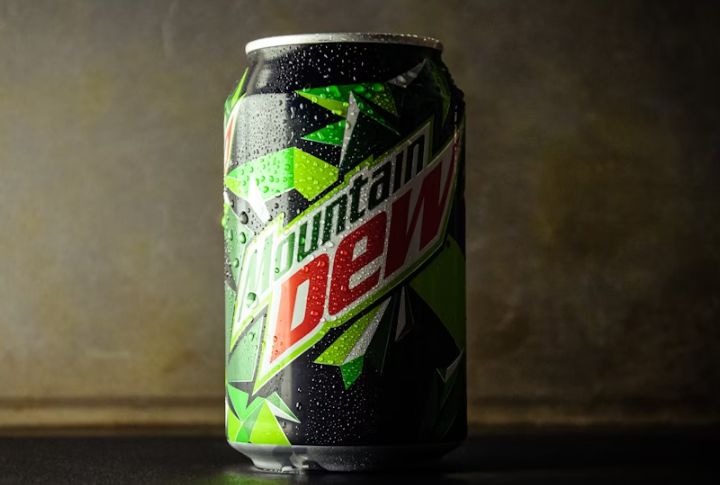
You’ll find more than citrus flavor in Mountain Dew. It’s historically been linked to brominated vegetable oil (BVO) and still includes Yellow 5—an additive associated with hyperactivity. Even without BVO, this soda raises eyebrows due to its high caffeine and artificial colors, which stir concern among health experts.
Sprite
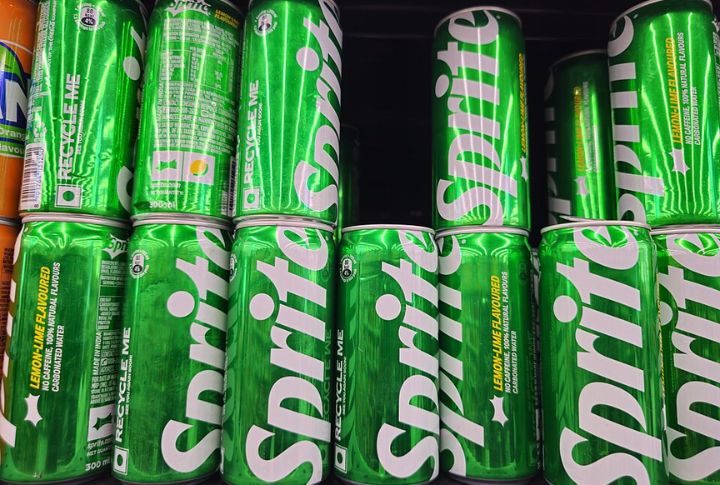
There’s no caffeine in Sprite, yet the damage to your enamel can be severe. Citric acid, found in large amounts here, steadily eats away at teeth. According to a study in the Journal of Dentistry, long-term exposure to Sprite can erode tooth enamel. Hence, there is a need for moderation and maintaining good dental hygiene.
Pepsi
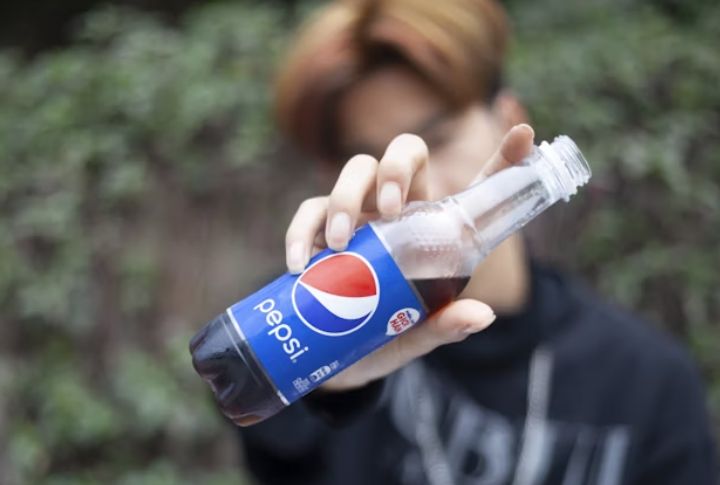
Caramel coloring gives Pepsi its signature hue—but not without risk. A compound known as 4-MEI, present in this dye, is listed by the California Department of Health as potentially cancer-causing. Although still permitted in the U.S., its presence raises essential questions about the long-term safety of frequent consumption.
Dr Pepper
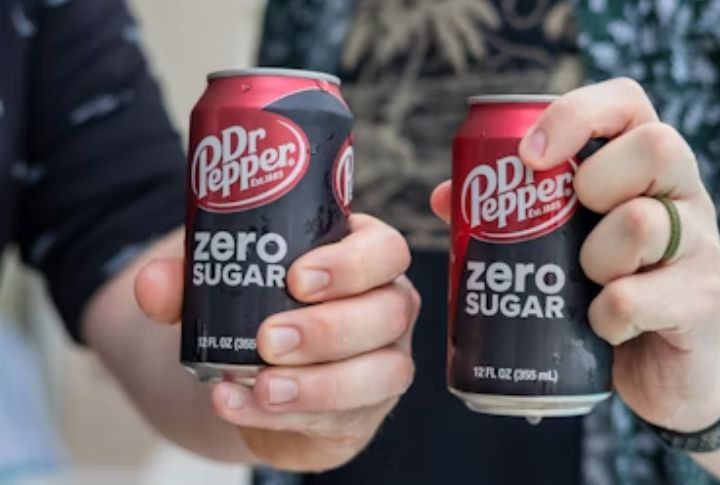
Hidden among Dr Pepper’s 23 flavors is an ingredient you may not expect: phosphoric acid. High intake of phosphates has been tied to weakened bones and kidney strain. It’s a troubling find, especially for individuals managing bone density conditions or pre-existing renal concerns.
Fanta

Vibrant in color, Fanta Orange contains synthetic dyes like Red 40 and Yellow 6—both banned in parts of Europe due to behavioral links in children. The U.S. version continues to use them despite the controversy. Turns out these “fun” flavors aren’t as innocent as they seem.
Diet Coke
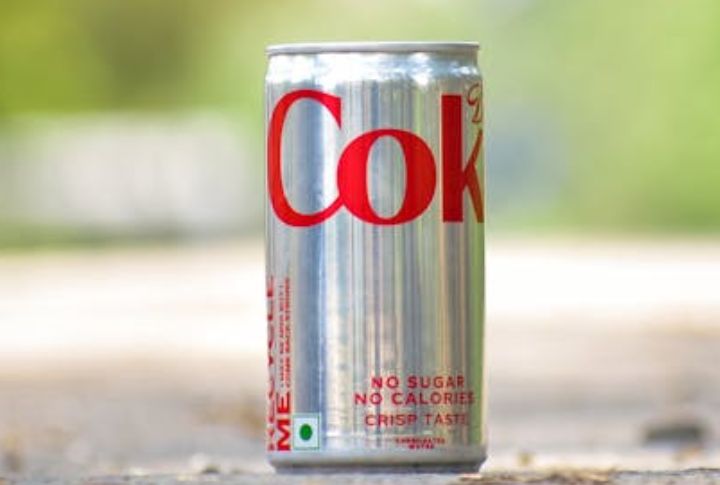
Aspartame—the go-to sweetener in Diet Coke—sits at the center of a growing debate. A JAMA Network study in 2023 found higher stroke and heart disease risks among heavy consumers. So, while it’s calorie-free, the real price may be paid in cardiovascular health.
Root Beer
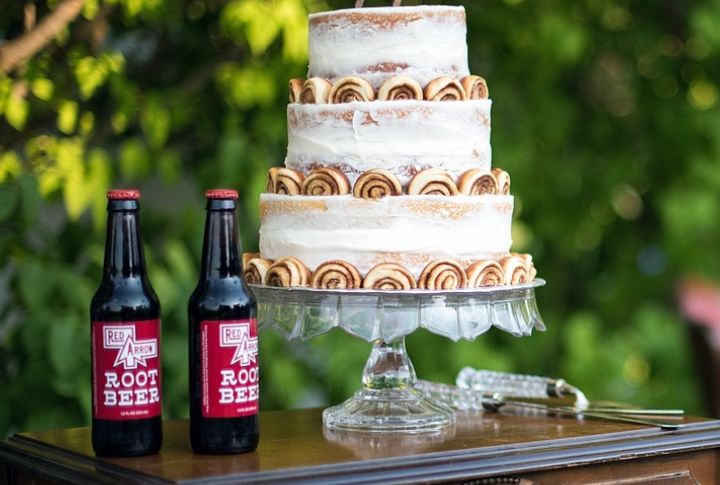
Root beer’s smooth taste can mask some alarming chemistry. Sodium benzoate, found in many brands, can form benzene—a known carcinogen—when it reacts with vitamin C. Although regulations exist, repeated exposure still raises concerns for health advocates and cautious consumers alike.
7UP
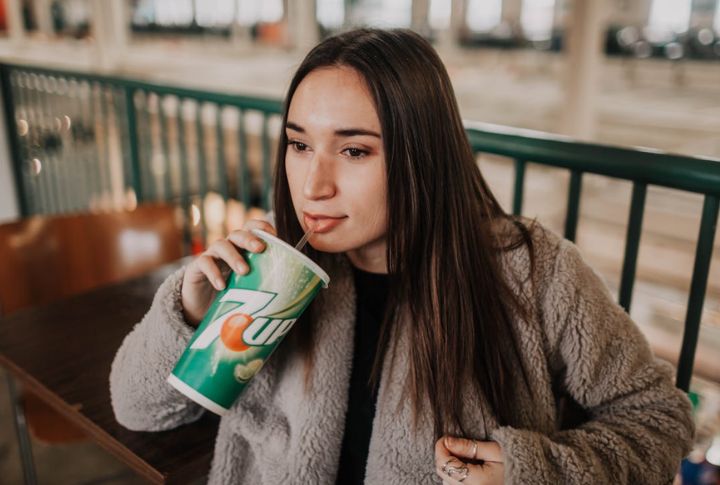
It may seem like a gentler choice, but 7UP delivers 38 grams of sugar per can. That level of sugar may result in non-alcoholic fatty liver disease, particularly among U.S. teens. What looks clear and harmless may quietly burden your liver over time.
Sunkist
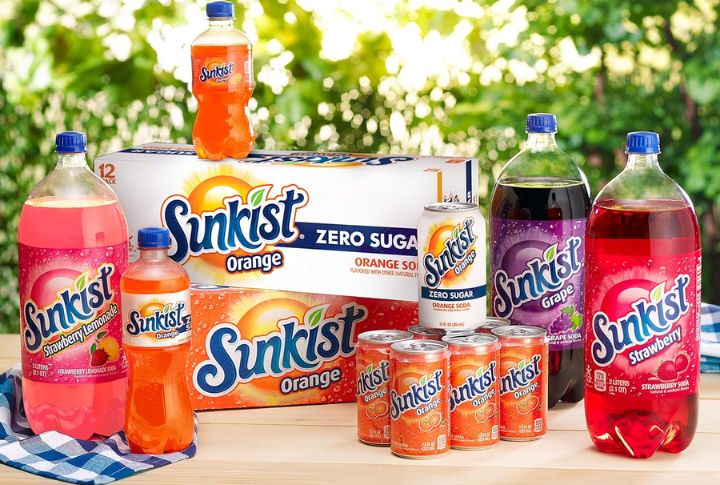
Sunkist sneaks in more than citrus; there’s caffeine, too. With 41 milligrams per can, it delivers more buzz than you’d expect from an orange soda. Add 44 grams of sugar to that mix, and you’ve got a jittery, hyper cocktail that parents might not see coming.
Cherry Coke

Sugary and smooth, Cherry Coke contains 42 grams of sugar, artificial flavors, and phosphoric acid. That trio can take a toll on your metabolic and dental health. A sweet taste can mask the harsh reality where overconsumption quietly compromises your cardiovascular health.
Canada Dry

Most people assume Canada Dry contains real ginger. It doesn’t. Following a 2020 lawsuit, the label changed, but the formula remained. Its high fructose corn syrup and vague “natural flavors” do little for digestion and even less for overall health.
Crush Grape
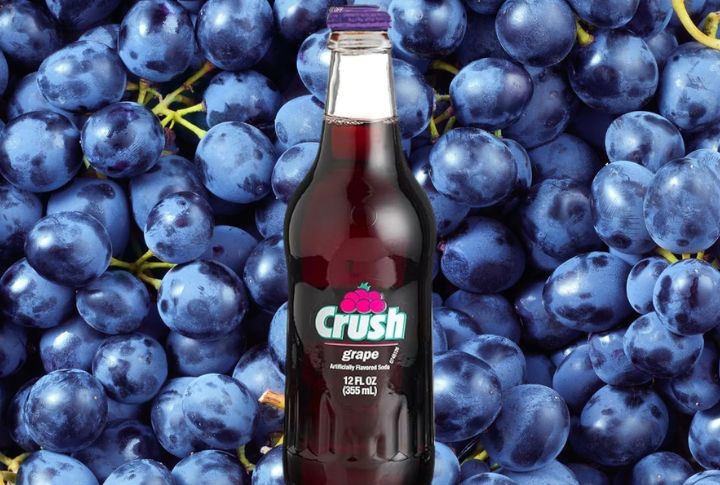
Crush Grape adds visual flair with Blue 1 and Red 40; two artificial dyes linked to allergic responses and behavioral shifts. Pair that with 51 grams of sugar, and it’s more dessert than refreshment. This soda is just a rainbow of questionable additives.
Fresca
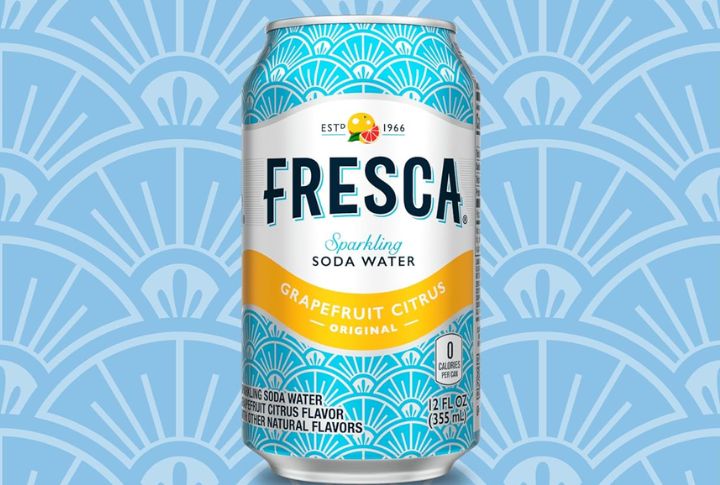
Behind the calorie-free branding, Fresca combines artificial sweeteners like aspartame and acesulfame potassium. Though marketed as “clean,” these ingredients may disrupt insulin sensitivity and alter gut bacteria. Harvard Health studies suggest this could indirectly increase hunger, ironically making diet drinks part of a weight-gain loop.
Coca-Cola Zero Sugar
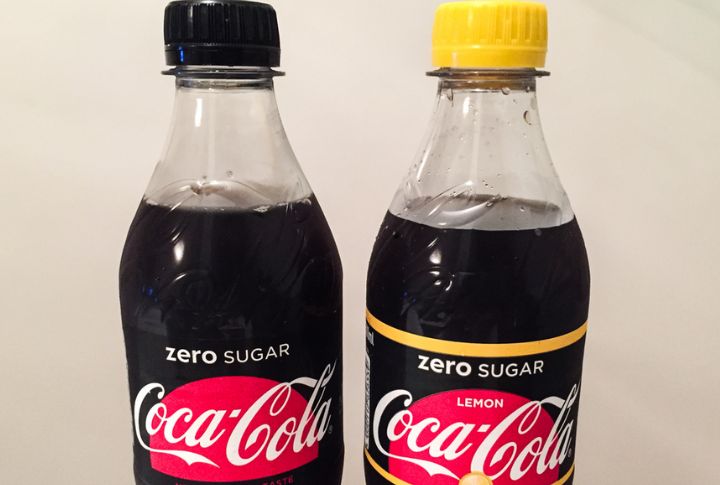
Branding like “zero” often signals safety, but Coca-Cola Zero Sugar still contains controversial sweeteners. Acesulfame K and aspartame, both in this formula, were linked to increased cancer risk in a 2022 French study. It’s true: Not all risks come with obvious warnings or calories.
Baja Blast
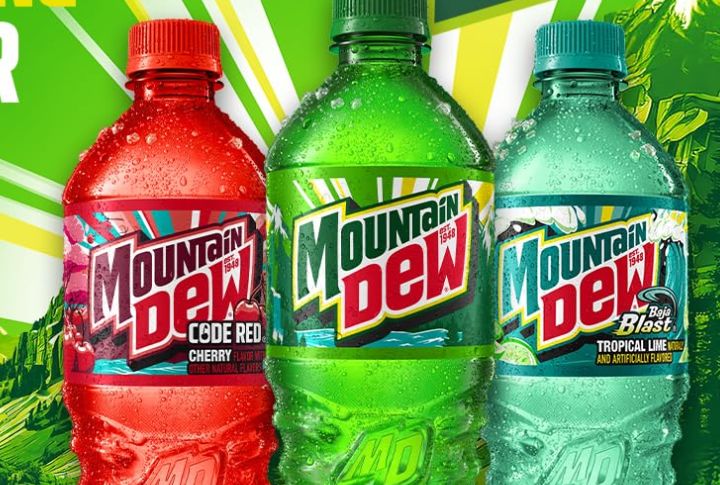
Colorful and highly addictive, Baja Blast is heavy on sugar. A 20-ounce serving delivers 59 grams—roughly 1.5 times your daily limit. When that merges with caffeine and synthetic dyes, the result is a brew that stirs concern with every neon sip.
Diet Pepsi
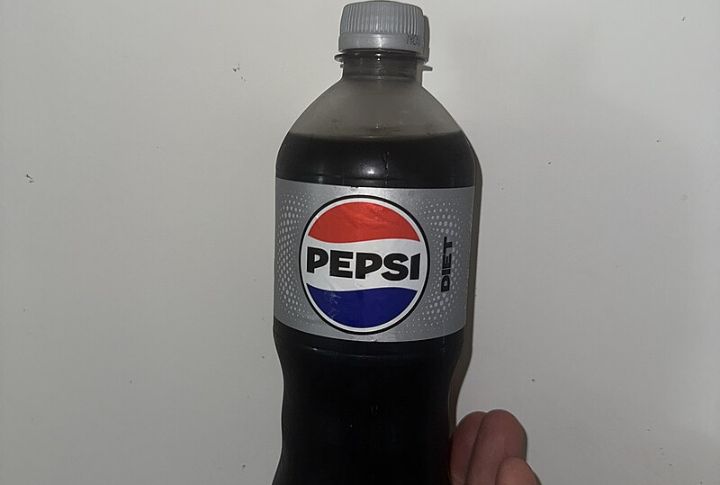
Diet Pepsi has undergone several formula changes, now featuring sucralose and acesulfame potassium as its sweeteners. These sweeteners are being studied for their effects on the gut microbiome and blood sugar regulation. Despite being zero-calorie, the potential metabolic disruptions might outweigh the benefits of skipping sugar.
Mello Yello
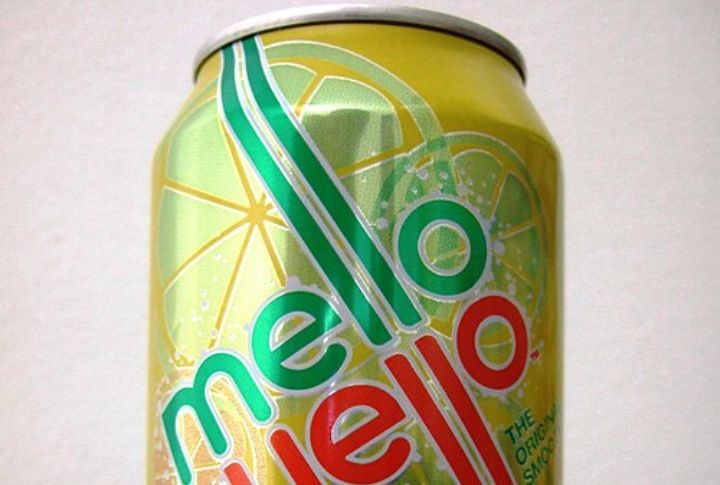
This citrusy soda contains Yellow 5 and 47 grams of high-fructose corn syrup, which is an intense mix that raises red flags. Yellow 5, also known as tartrazine, is even restricted in various countries due to allergy and behavioral concerns. The sugar level alone makes it hard to justify.
Jarritos
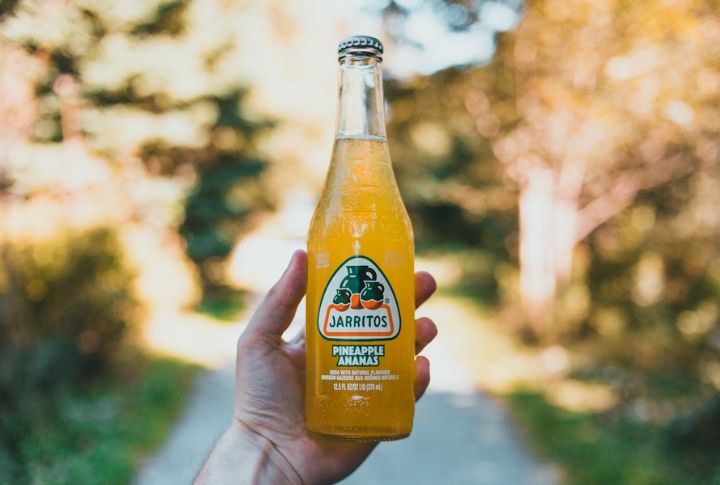
Fruit-flavored Jarritos may seem like a better option, but they contain nearly 50 grams of sugar in each 12.5-ounce bottle. Real cane sugar doesn’t erase the health impact because it still promotes triglyceride spikes and unwanted weight gain, especially in children.
Cactus Cooler
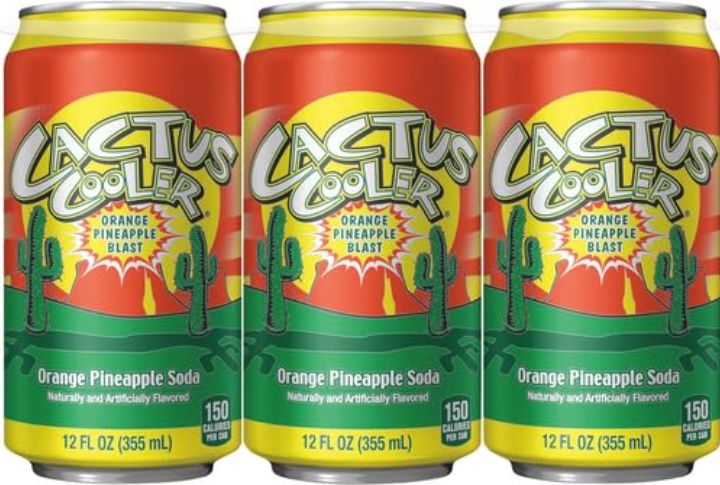
This one is all show. Many people think it’s made from orange and pineapple, and consider it a healthier soda alternative, but it actually contains no real juice, only high-fructose corn syrup and 43 grams of sugar. Its tropical taste masks a formula that encourages inflammation and abdominal fat accumulation.
